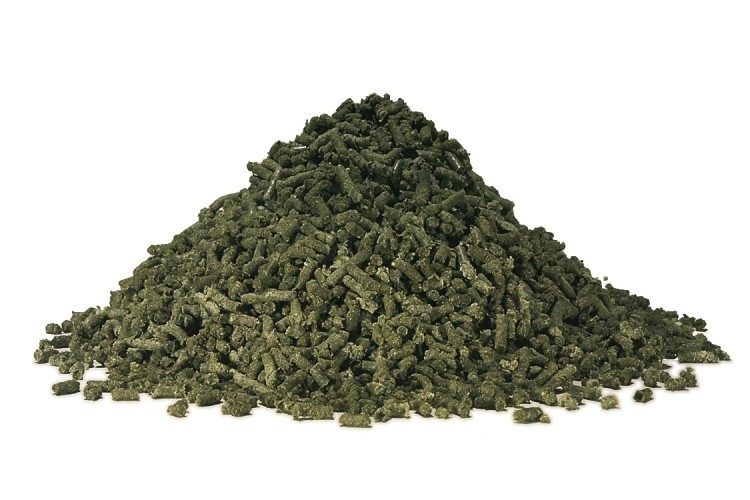Grass-based polypropylene packaging reduces carbon footprint

Agriplast has been developed by German bio manufacturing company Biowert, which sources the grass-based waste from farms from the immediate area where its factory is based, in Brensbach, southern Germany.
The grass waste material is combined with a number of different polypropylene grades to produce a range of packaging materials to suit different types of products with a variety of finishes.
Working together with German company AHA Kunstofftechnik and France-based packaging manufacturer Cosmeco, the companies have combined resources on a project to develop this material for use in cosmetics packaging.
Plastic packaging with environmental credentials
The primary objective of the project was to produce a plastic that had high recyclable properties, while also being easy and economical to produce, did not use solvents or other such chemicals and with a reduced carbon footprint for the production process.
During the early development of the packaging, Mark Schmitz, assistant manager at AHA Kunstofftechnik, explained that the development team worked to establish the best temperature to hot stamp the material.
The team established that the material could be hot stamped into a packaging form using a lower temperature than normal, producing a product with a rough but natural-looking finish that was still fine enough to print on if the design is not too delicate.
No paint finish or added solvents
Keeping in line with the green principles of the project, the development of the material has also avoided the use of any paint or other materials to give AgriPlast a smoother surface, opting instead for the more distinctive texture.
Ultimately, the fact that the packaging uses a lower temperature during the hot stamping process and does not use any paint finish combine to significantly reduce the CO² emissions.
The packaging is currently going through the final stages of development and Cosmeco CEO Alexandre Poignant says that several major cosmetics players are considering using the material for future projects.





